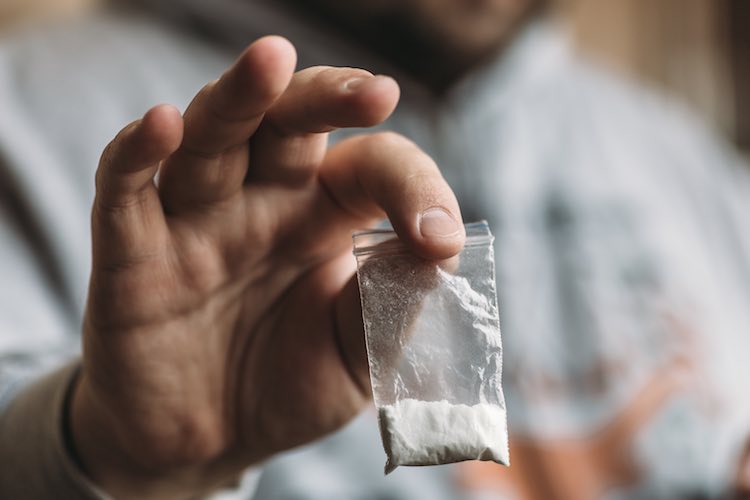Cocaine and more: London’s 23kg-a-day problem.
London is one of the world’s busiest places. Home to nine million and flooded with tourists and businesses large and small, it’s also one of the major cocaine capitals of the world. Over 23kg of the drug are consumed in the capital every day alone, usually coinciding with heavy drinking and polydrug use, where other substances are consumed at the same time as cocaine itself.

To put it simply, it’s a huge health risk. Here’s why.
It’s purer than ever.
Cocaine purity levels, while often fluctuating depending on impacts further down the supply and production chain, have been rising in London steadily for years. London already consumes more cocaine than many other capitals combined and that, when combined with the increasing potency of the substance, is bad news for health and the development of addiction.
While reports can vary slightly, general trends in research performed on water and wastewater in the capital indicate purity to have tripled since 2011. One of the most serious risks associated with high-potency street drugs is overdosing; when the purity of a drug with the potential for fatal overdose varies at a high level, users are more likely to mistake or underestimate the strength of the cocaine they’re using, making them more liable to overdose. The problem gets worse when cocaine use is mixed with other drugs and with alcohol, which it most often is.
Health risks rise.
So, what has this meant for the health of Londoners and those in the capital for tourism, recreation and business? Unfortunately, the picture is bleak; 2018 saw a surge of cocaine-related admissions, topping over 15,400 in total. That’s a total increase of 300% in overall use and hospital cases since as little as five years prior.
And with the admissions come the fatalities. We’re now seeing deaths due to cocaine overdoses double in the last three years, with over 600 recorded in 2018. Behind every fatality is the story of a family or group of friends grieving the loss of a loved one.
Coke and alcohol: More dangerous than the sum of their parts.
The UK has always had a serious alcohol problem. Binge drinking culture is rampant to this day, with British citizens being drunker more often than any other country. As most know, the party context within which cocaine is often used means many consume the drug alongside alcohol; over half of cocaine users do, in recent studies.
The problem here is significant. When cocaine is consumed alongside alcohol, both of the substances are metabolised at the same time in the body’s liver. When this happens, cocaethylene is formed. When this accrues inside us, it can pose a serious and direct threat to the function of our cardiovascular systems. In cases of overdose where cocaine and alcohol have been consumed, the build-up of cocaethylene is often viewed as the catalyst for strokes, heart attacks and damage to the heart.
More must be done.
The trend, regrettably, doesn’t seem to be slowing. Cocaine is an entrenched and widespread part of London’s drug culture and adults every day and week struggle with addiction and dependency. Now more than ever, the ability of modern rehab programmes to provide flexible and affordable cocaine addiction treatment is critical in ensuring adults can access the care they require when they need it.
Besides, sometimes it’s good to get out of the daily schedule, for quick results. If you can afford it, check out Drug Rehab Centers in other locations some of them have weed addiction rehab, and make it into a recovery-vacation. Primarily, focusing on your treatment for a few weeks in some luxurious therapy program might work worders.
These modern options, able to fit around work and family life, are incredibly important in supporting and enabling the recovery of adults in London and the UK who fall into the abuse of and addiction to cocaine.
